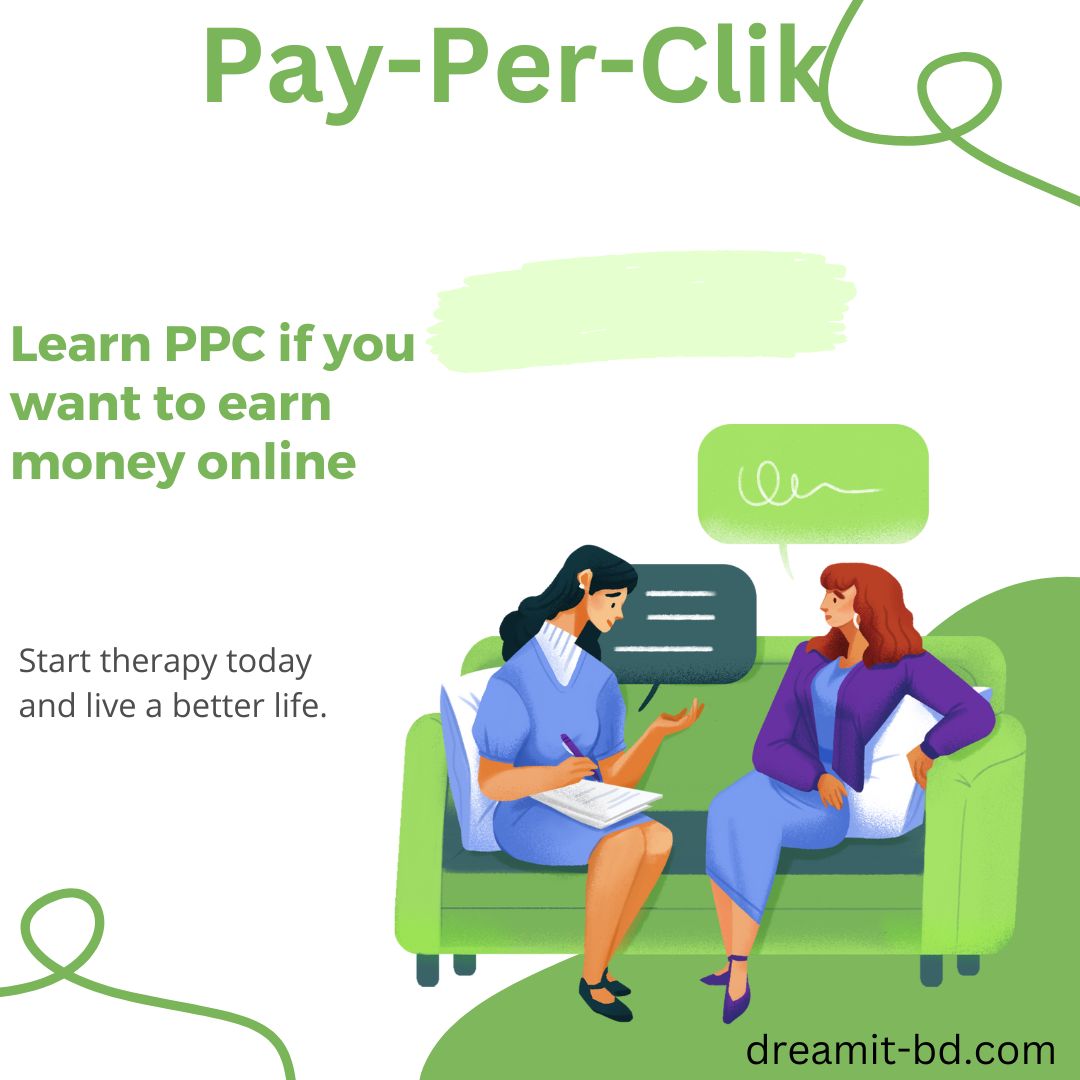What is ‘Pay-Per-Click‘(PPC) in digital marketing?
PPC (Pay-Per-Click) marketing is a form of online advertising where advertisers pay a fee each time their ad is clicked. This model facilitates ad placement on platforms like search engines and social media, targeting specific keywords, demographics, or interests. PPC campaigns can generate immediate visibility and drive targeted traffic to websites, offering a measurable return on investment (ROI).

Understanding Pay-Per-Click Advertising:
At its core, PPC advertising is a model where advertisers pay a fee each time their ad is clicked.PPC enables businesses to bid for ad placement onsocial media platforms, targeting users based on keywords, demographics, interests, and behaviors for maximum relevance.
Keyword Research: The Foundation of Successful PPC Campaigns:
Keyword research forms the foundation of any successful Pay-Per-Click (PPC) campaign.
“Selecting keywords that match your objectives and resonate with your audience ensures your ads reach active, relevant users.” Utilize keyword research tools such as Google Keyword Planner, Semrush, or Ahrefs to uncover valuable insights into search volume, competition, and bid estimates. Focus on long-tail keywords and phrases that exhibit high commercial intent, as they often lead to higher conversion rates.
Crafting Compelling Ad Copy:
The effectiveness of your Pay-Per-Click (PPC) ads hinges on the quality of your ad copy. Craft compelling and relevant ad copy that entices users to click through to your website. Your ads should be concise, engaging, and tailored to address the needs and pain points of your target audience. Incorporate keywords strategically into ad copy to improve relevance and quality scores. A/B test ad variations for optimal resonance and (CTRS).
Strategic Campaign Structuring:
Organizing your Pay-Per-Click (PPC) campaigns into well-structured ad groups is essential for maximizing performance and maintaining control over your budget. Group keywords into tightly themed ad groups, with each group focusing on specific products, services, or themes. This granular approach allows you to tailor your ad messaging, resulting in higher ad relevance and better campaign performance. Regularly review and optimize your campaign structure based on performance data and evolving business objectives.
Bid Management and Optimization:
Effective bid management is crucial for optimizing your Pay-Per-Click (PPC) campaigns for maximum ROI.
“Test manual CPC, automated bidding, and target ROAS to optimize cost and performance in your ad campaigns.”. Monitor your bids closely and adjust them based on performance metrics such as CTR, conversion rate, and ad position. Leverage bid adjustment options to prioritize high-performing keywords and ad placements while minimizing spending on underperforming ones.
Continuous Monitoring and Optimization:
Pay-per-click (PPC) advertising is a dynamic and iterative process that requires continuous monitoring and optimization. Regularly analyze key performance metrics and campaign data to identify areas for improvement and optimization. Use analytics tools like Google Analytics and platform-specific dashboards to gain insights into user behavior, conversion paths, and attribution models. Test different ad creatives, and targeting options to refine your campaigns and maximize your (Return on investment ROI) over time.
In Conclusion Pay-Per-Click:
PPC offers businesses a powerful solution for targeted traffic, leads, and conversions.”
Implement PPC strategically with keyword research and ongoing management to confidently achieve marketing goals in the competitive digital landscape.






